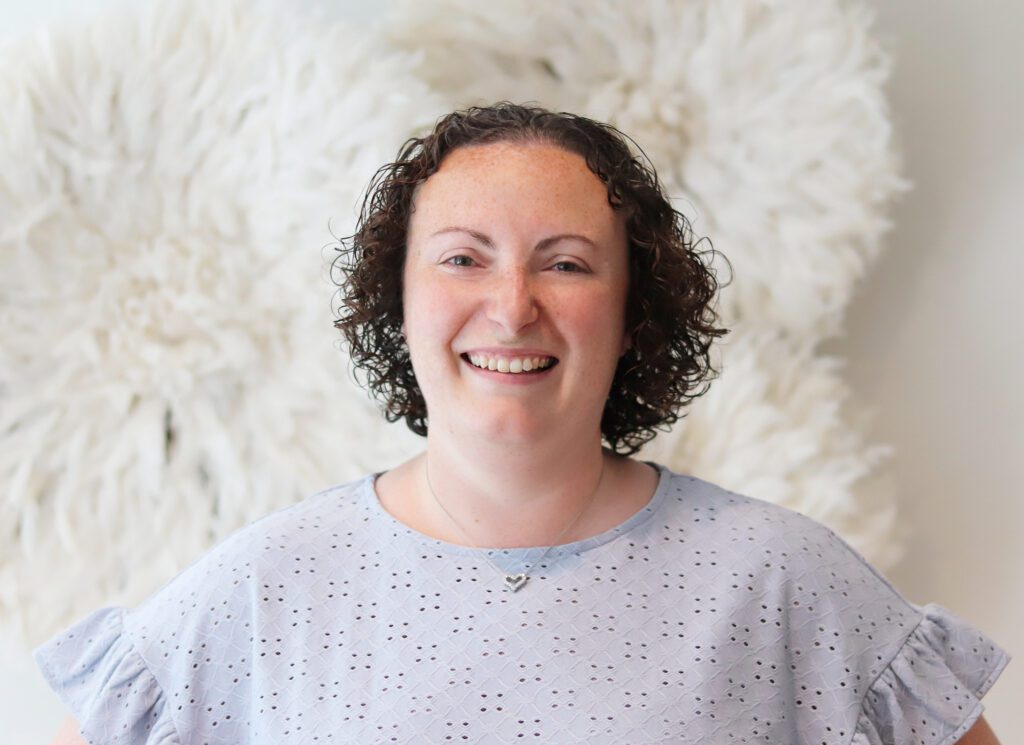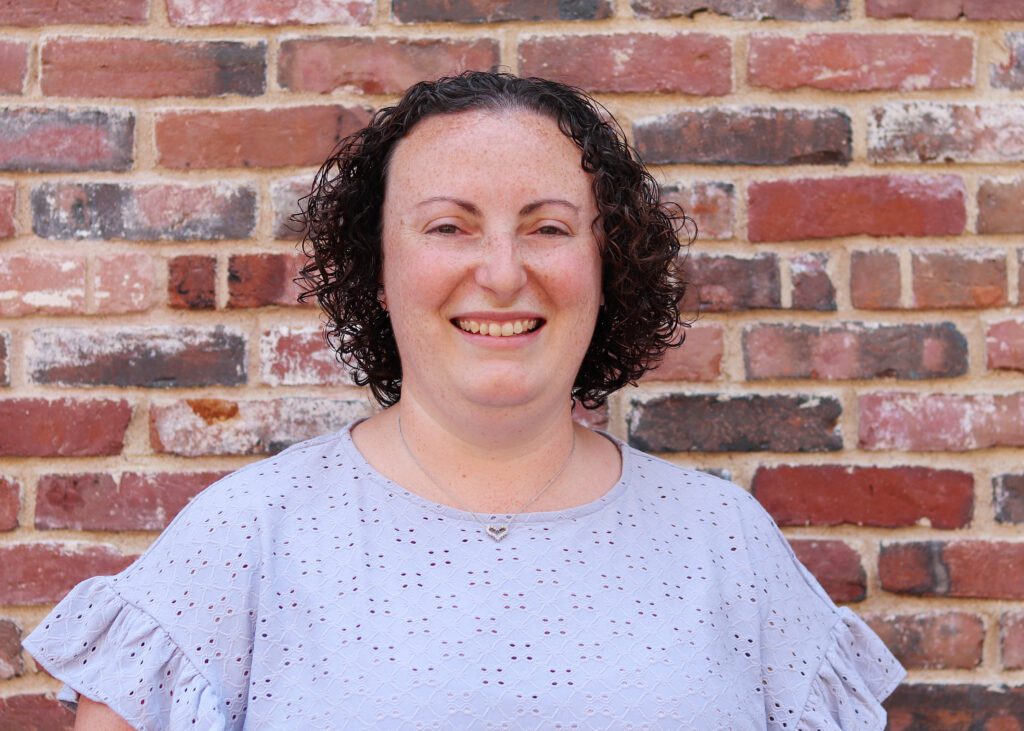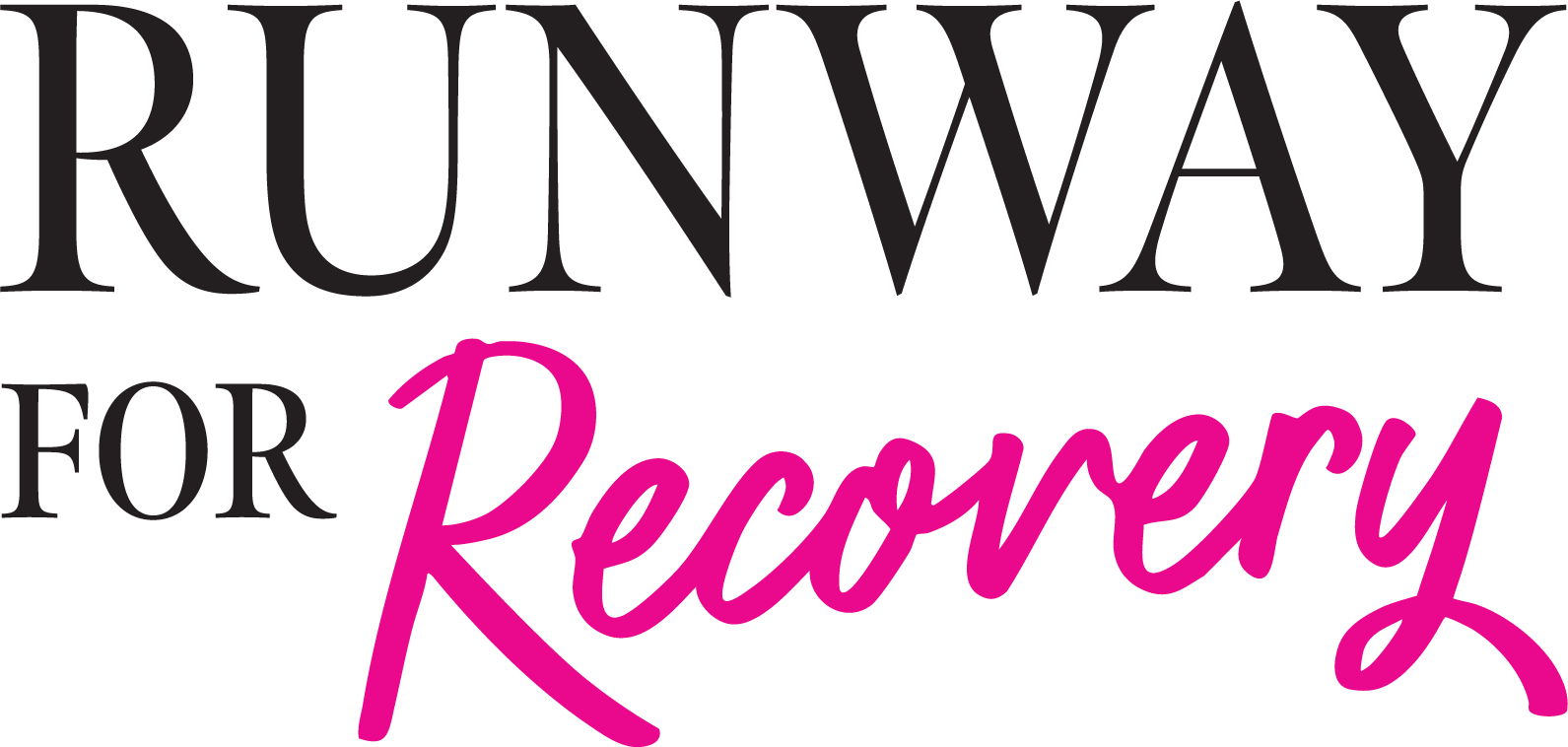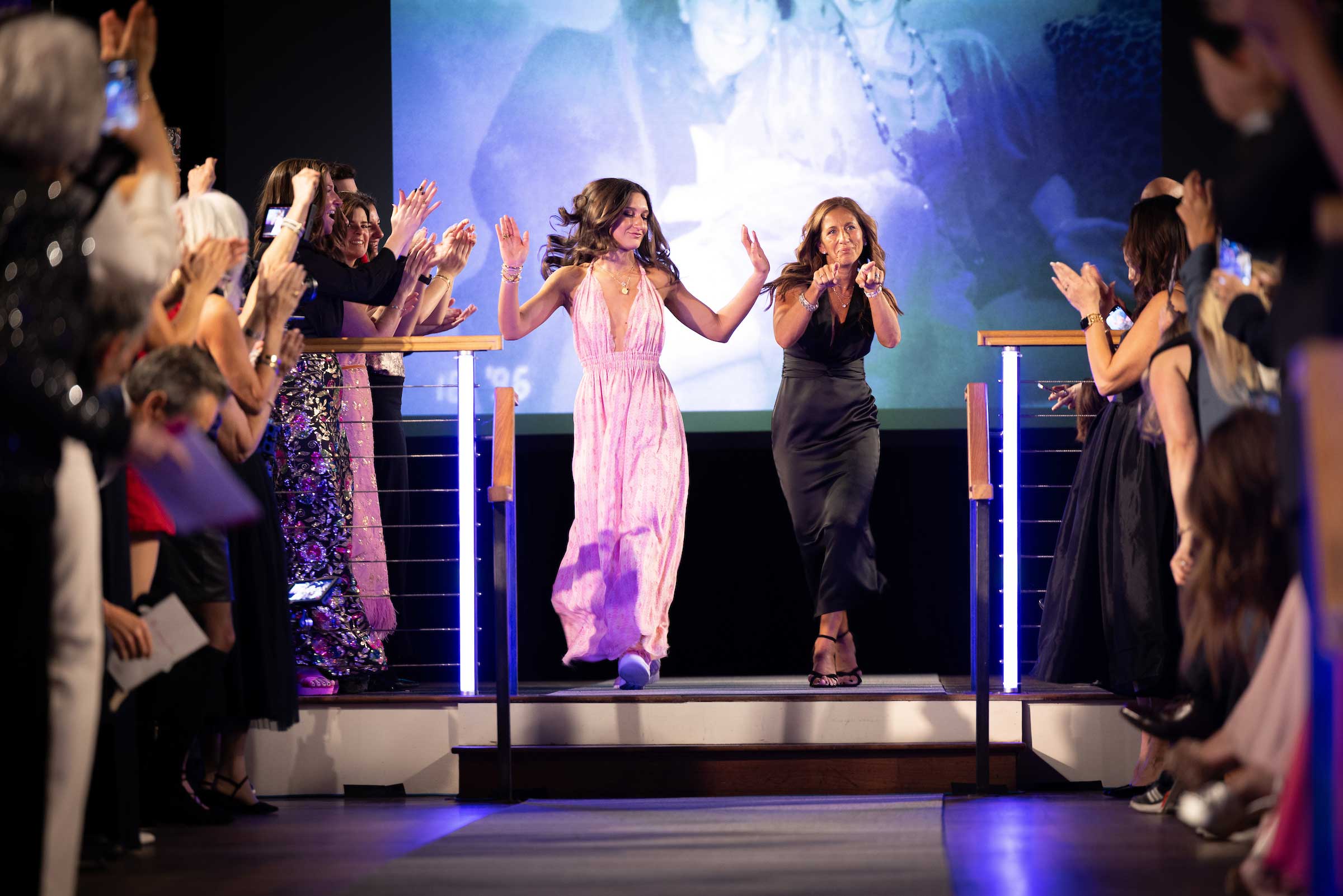Meet the Models: Liz Mover
As an ICU nurse, Liz Mover was familiar with the hardships of devastating medical diagnoses. It wasn’t something, at age 34, she thought she would have to face, but when she found a lump in her breast and started experiencing arm pain, her reality quickly altered. After a mammogram and ultrasound, Liz read over her biopsy report and was able to determine she did indeed, have breast cancer. After the news in February of 2018, “it was a total whirlwind” of genetic counselors, oncologists, surgeons and more. Liz had a double mastectomy, port placement and four cycles of chemotherapy: “it felt like time had froze, but in reality it was still very much moving. I was so involved in making a plan, but as time passed I still had to figure out how to tell my children why I would be losing my hair and feeling crappy.”

It became clear Liz would need the help of her support system, which was difficult because of her natural inclination, as a nurse, to be caretaker not only to her patients, but to her friends and family. Immediately, her husband stepped up: “he changed his whole work schedule so he could work full time, but be at home when I would feel bad.” Additionally, every weekend her mother came to help her with her two boys, now age 9 and 10. For Liz, it was of chief importance to make sure her son’s schedules weren’t affected by her breast cancer. She notes how incredible her friends were, from meal trains to flowers to making sure her boys were picked up and shuffled to whatever activities they needed to be at: “what was just a play date for my boys was actually my friends stepping up to take care of them.” Indeed, Liz notes that telling her children about the breast cancer felt overwhelming and she couldn’t have done it without Mass General Hospital’s program PACT (Parenting During a Challenging Time). Ironically, Liz had referred many families during her time in the ICU to PACT, but it didn’t occur to her to utilize the resource herself until a co-worker suggested it. The program helped Liz to connect with her children about her diagnosis in an age appropriate way: “it was the best thing I ever did.”

Liz has gone on to have three more reconstructive surgeries and her ovaries removed (after cysts developed due to medication). The entire experience has made her much more conscious of prioritizing her health, instead of always putting others first and while she tries to control what she can- like what she eats and how she exercises- the experience of cancer has understandably created a level of fear: “any ache and pain, I now jump to the doctor where I never would before. You have a fear that you had cancer once, you could have it again.”
When asked what advice she would give someone newly diagnosed, Liz keeps it simple: “Take a deep breath, don’t panic and DON’T GOOGLE.,” but most of all she says, “ask for help.”

